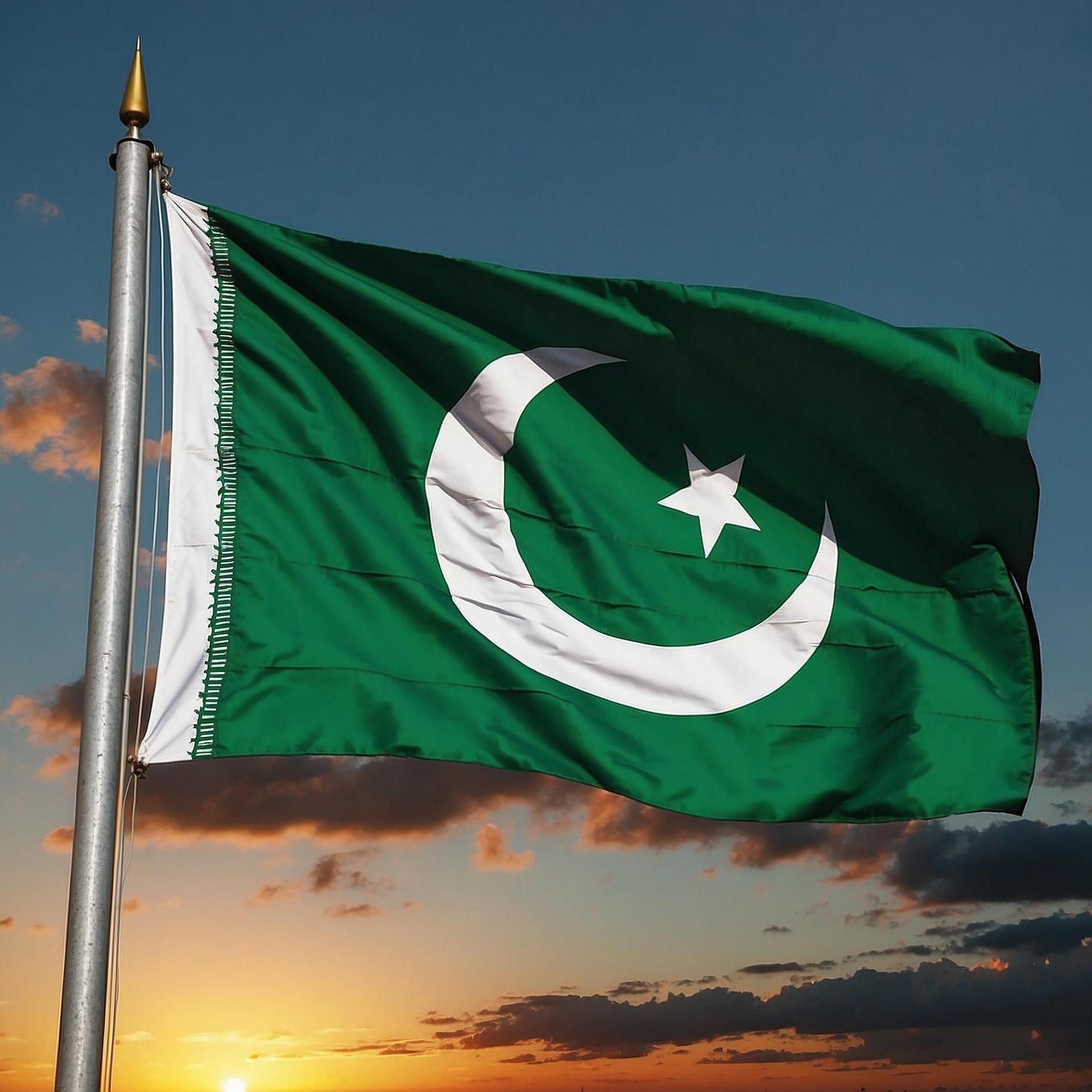
In a shocking turn of events, Pakistan finds itself at the center of global controversy after the United States launched a sudden and brutal airstrike on Iran. This military action came at a time when Pakistan was ironically lobbying for American President Donald Trump to be awarded the Nobel Peace Prize. The hypocrisy and double standards of the Pakistani leadership have sparked massive outrage across the country.
Public Outrage in Pakistan
The US attack on Iran triggered widespread protests across Pakistan, especially in its major cities like Karachi and Islamabad. Thousands of citizens poured into the streets, chanting anti-American and anti-Israeli slogans, while voicing strong support for Iran. What started as a protest against American aggression quickly transformed into an open expression of anger against Pakistan’s own leadership, particularly targeting the country's military establishment and government for their questionable stance.
Protesters openly criticized General Asim Munir, Pakistan’s Army Chief, who at the same time was meeting with US President Donald Trump. This controversial meeting raised serious questions among the Pakistani public, as it coincided with Israel’s ongoing attacks on Iran. The timing of Munir’s visit led many to believe that backdoor deals were being struck while the Muslim world suffered under Western aggression.
Demands of the Protesters
During the protests, Pakistani citizens voiced a unified demand for their government and military to fully stand with Iran — not just in words, but through concrete diplomatic, financial, moral, and even military support. The protesters declared:
“This is not just Iran's war; this is a war for Islam. If we don’t stand against Israel today, tomorrow the battle will come to Pakistan.”
The people emphasized that solidarity with Iran at this critical moment would serve as a golden chapter in Pakistan’s history. Several protest leaders highlighted that the entire Muslim community — both Sunni and Shia — was united in support of Iran. Many also argued that supporting Iran is essential to securing Pakistan’s own nuclear program and sovereignty in the face of growing Western aggression.
Double Standards of Pakistani Leadership
While Pakistan’s government publicly condemned the US attack on Iran after public pressure, its prior actions suggested a different story. Only hours before the American assault, Pakistan officially nominated President Trump for the Nobel Peace Prize — a move that now appears highly contradictory and deeply embarrassing for the nation.
Protesters pointed out the hypocrisy in this nomination, especially considering Trump's complete lack of meaningful action for Gaza or Palestine. One protester stated:
“Since Trump came to power, we haven't seen any genuine efforts from him for Gaza or Palestine. How can our government call him a peacemaker while he bombs a sovereign country’s nuclear sites?”
Critics also argued that if there were any legitimate concerns about Iran’s nuclear program, international agencies like the International Atomic Energy Agency (IAEA) exist to handle such matters through legal and diplomatic channels. The US attack was labeled as blatant aggression — not only against Iran but as a threat to all Muslim nations, including Pakistan.
Secret Deals with the US?
The timing of the Pakistani Army Chief’s meeting with Trump, followed by the airstrikes, has fueled speculations that Pakistan may have entered into secret deals with the US regarding Iran. Many believe that Pakistan’s financial dependence on foreign aid often leads it to compromise its integrity and make questionable diplomatic choices.
While the Pakistani leadership attempted to balance its position by condemning the US after the attack, the public remains unconvinced. The prevailing sentiment is that Pakistan's government was initially aligned with US interests, but turned to public condemnation only after sensing nationwide anger and backlash within the Islamic world.
A Dangerous Game
This entire episode exposes Pakistan’s double game — presenting itself as an ally to the Islamic world while secretly aligning with Western powers for financial and strategic benefits. The US attack on Iran has not only destabilized the region but also put Pakistan’s own credibility under severe strain.
The crisis serves as a warning for the entire Islamic world. As one protester aptly summarized:
“This is not just an attack on Iran, but a warning for every Muslim nation, including Pakistan. If we stay silent today, tomorrow we will be the next target
As tensions continue to escalate in the Middle East, Pakistan stands exposed in front of its own people and the international community. The dual-faced policies of Pakistan’s leadership have once again highlighted the dangerous consequences of playing both sides. The country now faces not only internal dissent but also growing skepticism from the global Islamic community.




